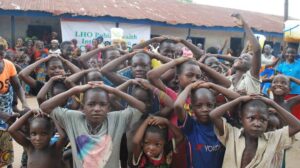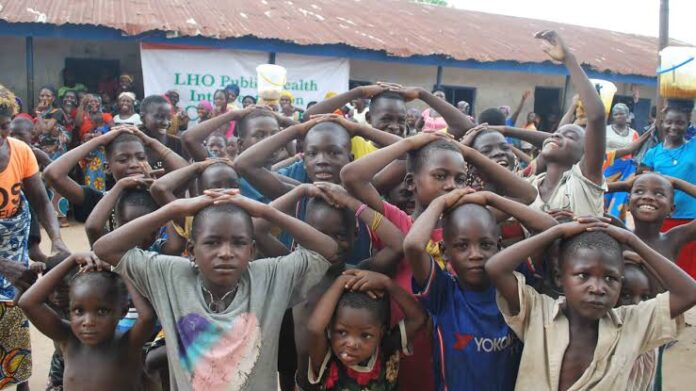UNICEF has raised serious concerns about the alarming dropout rates among adolescents in the Southwest region of Nigeria, which includes Ekiti, Oyo, Lagos, Ondo, Osun, and Ogun states. At a recent stakeholders meeting in Ibadan, UNICEF’s Education Specialist, Azuka Menkiti, highlighted that between 8% and 15% of students are dropping out of primary and secondary schools.

The completion rates for primary and secondary education among adolescents aged 10 to 18 are currently 92% and 85%, respectively. However, Menkiti warned that these figures indicate a significant shortfall that could adversely affect the education sector if not addressed.
The meeting brought together various stakeholders, including commissioners and education officials, to discuss strategies for improving retention and completion rates. UNICEF is focusing on adolescents at risk of dropping out and aims to identify the factors contributing to these high dropout rates.
Menkiti emphasized the need for adequate funding for secondary education and the importance of developing credible data to support advocacy efforts. UNICEF’s approach includes strengthening educational systems, expanding access to education, and creating quality learning opportunities.
To combat the issue, UNICEF is collaborating with community leaders and organizations to address social norms that prevent children from attending school. The organization has been actively involved in girls’ education for over a decade, implementing successful interventions to encourage school enrollment and retention.
UNICEF’s efforts aim to ensure that all children have the opportunity to complete their education and contribute positively to society.




